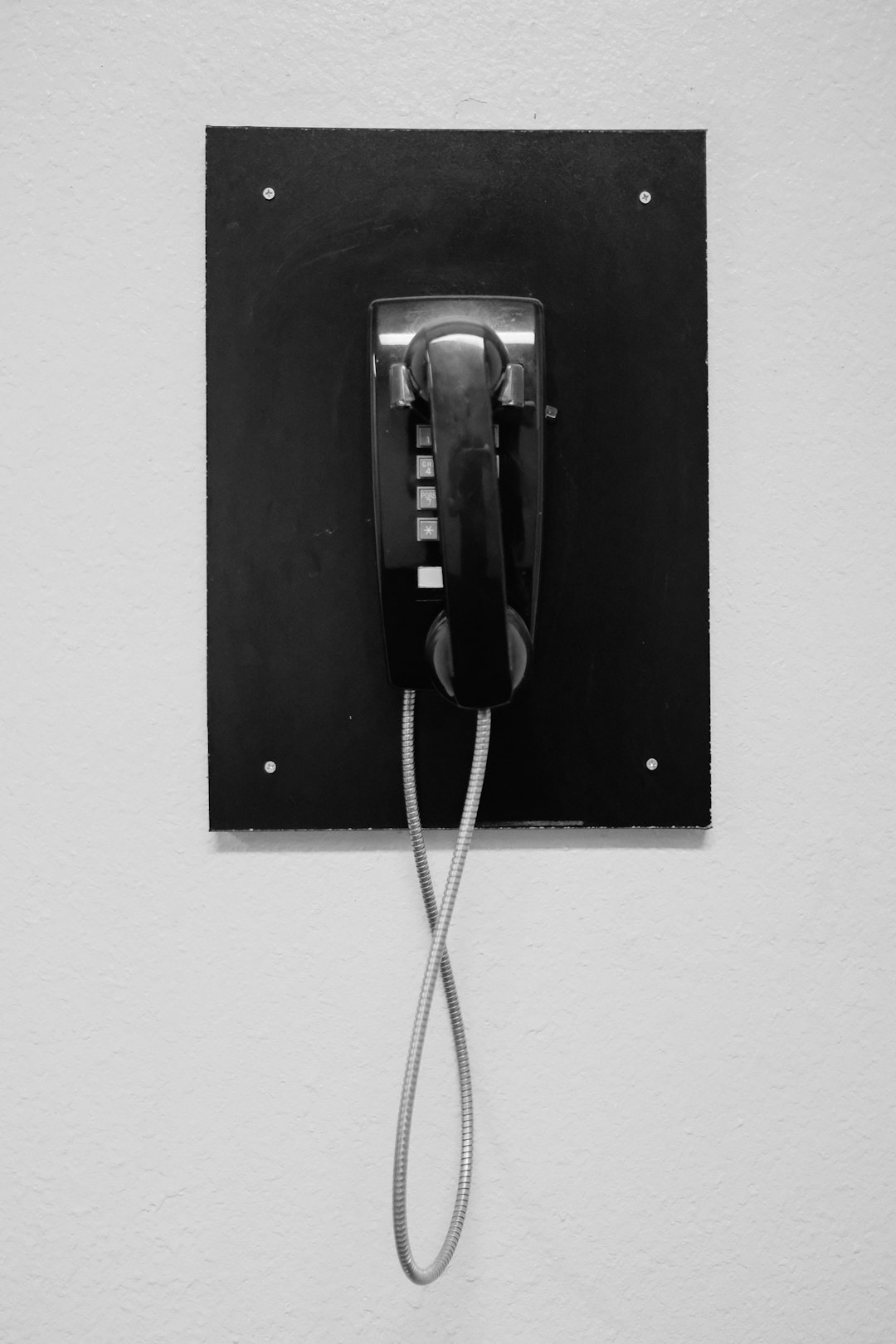North Carolina's robocall laws restrict automated calls and texts to residents without explicit consent. To protect against unwanted messages, identify spam patterns, block numbers, report spam, register for Do Not Call lists, update privacy settings, and use blocking apps. Reporting violators through FTC or telecom providers is also crucial, utilizing federal rights under TCPA.
Unwanted text messages, or robocalls, can be a persistent nuisance. In North Carolina, strict robocall laws are in place to protect residents from these intrusions. This guide navigates your rights and offers practical solutions to identify and block robocalls, safeguard your privacy, and report violators. Understanding the North Carolina robocall laws is the first step towards reclaiming control over your phone, ensuring a quieter, more peaceful communication experience.
Understanding Robocall Laws in North Carolina

In North Carolina, the Public Utilities Commission (PUC) regulates automated or robocalls to ensure consumers’ privacy and protect them from unwanted messaging. The state’s robocall laws are designed to give residents more control over their phone lines by restricting when and how businesses can contact them via automatic telephone dialing systems (ATDS).
These laws prohibit robocallers from making calls using an ATDS or artificial or prerecorded voice to North Carolina residents without prior express consent. This means that unless you have given explicit permission, businesses cannot use automated technology to send you promotional texts or make sales calls. Understanding and knowing your rights under these robocall laws can help protect you from unwanted and intrusive phone communications in North Carolina.
Identifying and Blocking Unwanted Texts

Unsolicited text messages, often referred to as spam or robocalls, can be a nuisance and even pose security risks. In North Carolina, as in many states, there are laws in place to protect consumers from these unwanted communications. If you’re receiving suspicious or unsolicited texts, take action to identify and block the sender. Start by examining the text messages for any patterns; recurring numbers or similar content could indicate a robocall campaign.
North Carolina’s robocall laws empower residents to combat these nuisance calls. Utilize your phone’s blocking feature to prevent future messages from that number. Additionally, report the spam texts to your service provider, who can then add the sender to their do-not-disturb lists. By being proactive and familiarizing yourself with local regulations, you can better protect yourself from unwanted texts and enjoy a quieter digital experience.
Protecting Your Privacy: Measures to Take

Protecting your privacy from unwanted text messages is an essential aspect of maintaining peace of mind, especially with the prevalence of robocalls and spam in today’s digital landscape. In North Carolina, state laws offer some level of protection against unsolicited texts. To fully safeguard yourself, consider implementing several measures. First, register for a Do Not Call list. This national registry helps prevent your number from being sold or rented to telemarketers. Additionally, download an app that blocks robocalls and filters unwanted messages. These apps often use advanced algorithms to identify and block spam, providing an extra layer of defense.
Furthermore, be cautious about sharing your phone number publicly. Limit the information you provide online, and review privacy settings on social media platforms. Many applications also allow you to control who can message or call you. Regularly update these settings to ensure only trusted contacts can reach you. By combining these strategies, you can significantly reduce the volume of unwanted texts and protect your personal information in accordance with North Carolina’s robocall laws.
Reporting Robocalls: Your Rights and Options

In North Carolina, as in many states, robocalls are regulated by laws designed to protect consumers from unsolicited and nuisance calls, including those promoting products or services. If you’re receiving unwanted text messages, knowing how to report them is crucial. Start by identifying the sender if possible, as this information will be helpful when filing a complaint.
There are several ways to report robocalls in North Carolina. You can use the Do Not Call Registry, which allows you to file complaints directly through their website or via phone. Additionally, many telecommunications providers offer tools for blocking and reporting spam texts. Your federal rights under the Telephone Consumer Protection Act (TCPA) also empower you to take action; you can report violations online with the Federal Trade Commission (FTC).






